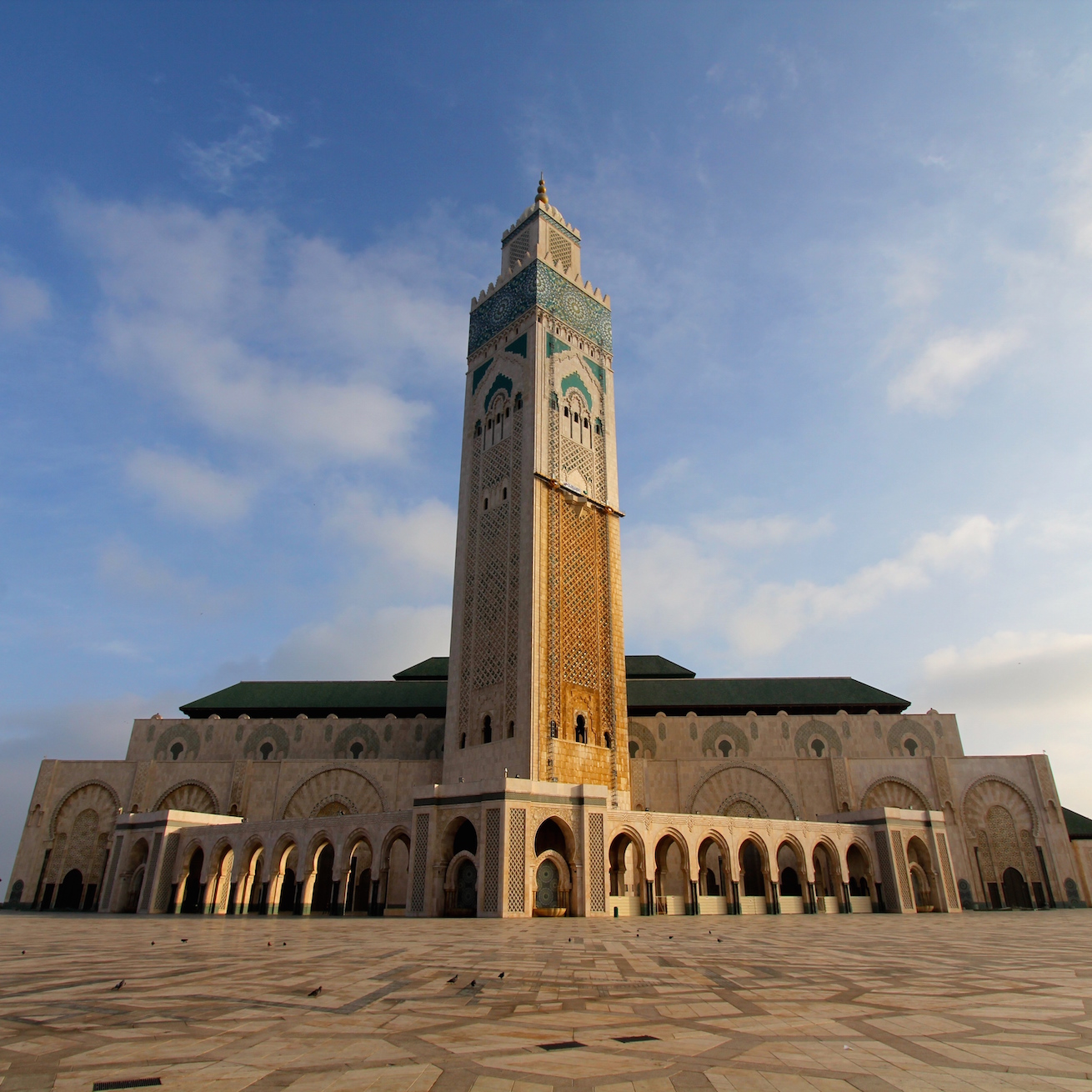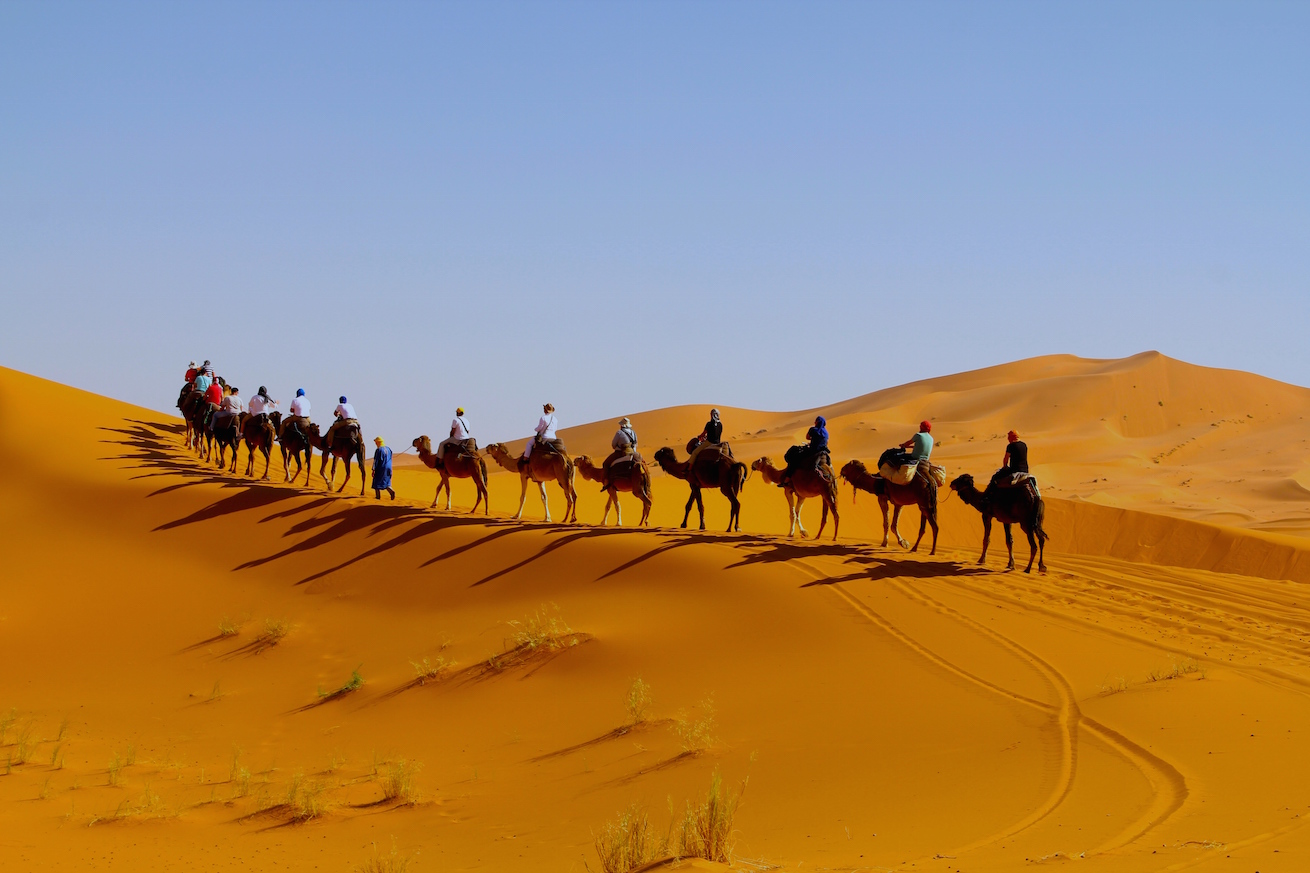Out Adventures loves to bring you the most diverse gay tours on Earth, and we’ve done so for nearly ten years. But some journeys bring travellers to nations less gay-welcoming than others.
When we tweeted about our Morocco Souks and Sand adventure, one follower replied, “Morocco? With serious anti-LGBTQ laws? Are you kidding me?”
On Facebook, another user asked, “Why would you go to a place…where you are against the law? Out Adventures should be ashamed promoting this…locals are sent to prison,” then went on to list the government’s anti-LGBT legislation.
A boycott may seem obvious, with homosexuality still illegal in 74 countries, but it may only hurt the people you’re rallying behind.
Consider these five questions to decide whether any land is worth a visit.

1. Am I safe?
When we plan tours, safety is always our first priority. We also consider how comfortable travellers will feel in a gay group setting. Beyond that, we believe ethical and moral travel decisions are up to you.
Consider how aggressive local laws may be. Are you
safe if you avoid public affection? Are you unsafe simply being there?
2. Does my boycott support or harm the local community?
With $200 billion USD spent on leisure annually by our community, many believe traditional views will be trampled by the Pink Dollar.
However, democratic societies constantly sway left and right, while countries led by dictators or authoritarian regimes are unphased by any foreign boycotts. Alas, those likely to suffer are the local communities you rallied behind. This is why we seek out gay-owned and gay-welcoming businesses where ever we visit. We also take pride in the grassroots activism that comes with simply being there as a gay group, opening minds by defying pre-conceived notions.
Homosexuality is a criminal offence in Morocco, but most Western
tourists are unaffected by the law. There is, unfortunately, a distinction
between what is acceptable for tourists and locals in Morocco.
3. Are a country’s equality laws really equal?
A country may accept gay men, but be aggressively trans-phobic. Or, like North America, certain regions will be more liberal than others. Bali is a gay-welcoming Buddhist island, whereas Java is conservative and Muslim…where does that leave Indonesia?
Research how your rights – or lack thereof – could affect where you travel. Then decide whether politics outweigh the culture.

Camel rides are a popular activity when travelling Morocco’s
Sahara dessert. Many wonder, however, if the experience comes at the cost
of local LGBT rights.
4. Does legislation reflect popular opinion?
The Trump administration has proven government may not mirror the popular vote. So will the financial pressure of a boycott hurt anybody other than the local merchants you’d otherwise visit? Every homophobic nation has a queer community (however closeted) that could benefit from your visit.
Boycotting countries with anti-LGBT laws is a political
statement with muddy benefits at best.
5. Do I want to mix politics with pleasure?
Of course you should educate yourself on local customs and laws surrounding LGBT rights in a country, but how detailed you get is debatable. Some consider the moral impact of every dollar and cent. Others have more relaxed approaches to advocacy, generally spending in LGBT-welcoming establishments, but not fretting beyond that. Travelling with LGBT tour operators such as Out Adventures takes the pressure off you to scrounge the internet for said LGBT-welcoming establishments, allowing you to maximize your vacation while giving you peace of mind your money is supporting local gay men, women and their allies.
We encourage you to share your opinions below. Out Adventures respects all viewpoints and encourages healthy debate and constructive feedback.
Featured Posts
10 Reasons this gay traveller loved visiting Cuba with Out Adventures.Read More
Out Adventures weighs in on the environmental pros & cons of joining a gay cruise in Antarctica.Read More
In 2009, India's supreme courts decriminalized homosexuality only to reinstate it in 2013. Today, they've decriminalized it again.Read More
A short history on Argentina's progressive LGBT politics.Read More
Visiting Cuba is an exciting albeit confusing proposition. There are lots of questions worth asking, and some answers are more complicated than others, but we’ve done our best to tackle them all here.Read More
